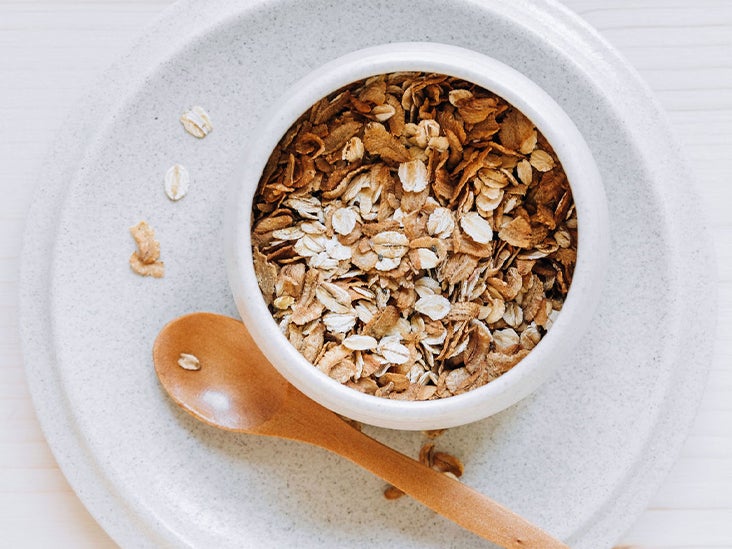Introduction:
In the quest for a healthier lifestyle, weight loss remains a primary goal for many individuals. With countless diets and weight loss trends flooding the market, it can be challenging to decipher which options are genuinely effective. One food that has stood the test of time and garnered significant attention is oats. Long celebrated for their nutritional benefits, oats have gained a reputation for their potential effectiveness in aiding weight loss. In this article, we delve into the scientific evidence surrounding oats and explore their role in weight management.The Nutritional Powerhouse:
Oats are whole grains packed with essential nutrients, including complex carbohydrates, fiber, protein, and various vitamins and minerals. They are particularly rich in beta-glucan, a soluble fiber that plays a crucial role in supporting heart health and promoting satiety. Oats' unique nutrient composition makes them a suitable addition to a balanced diet aimed at weight loss.Satiety and Reduced Caloric Intake:
One of the key factors attributed to the effectiveness of oats in weight loss is their ability to promote satiety. The beta-glucan in oats forms a gel-like substance in the digestive tract, which slows down the emptying of the stomach and delays the absorption of nutrients. This results in a feeling of fullness and helps to curb hunger, potentially reducing overall caloric intake.Numerous studies have demonstrated that consuming oatmeal or oat-based products for breakfast leads to increased fullness and decreased hunger throughout the day compared to eating other breakfast options. As a result, individuals may be less likely to overeat and consume unnecessary calories, thereby supporting weight loss efforts.





